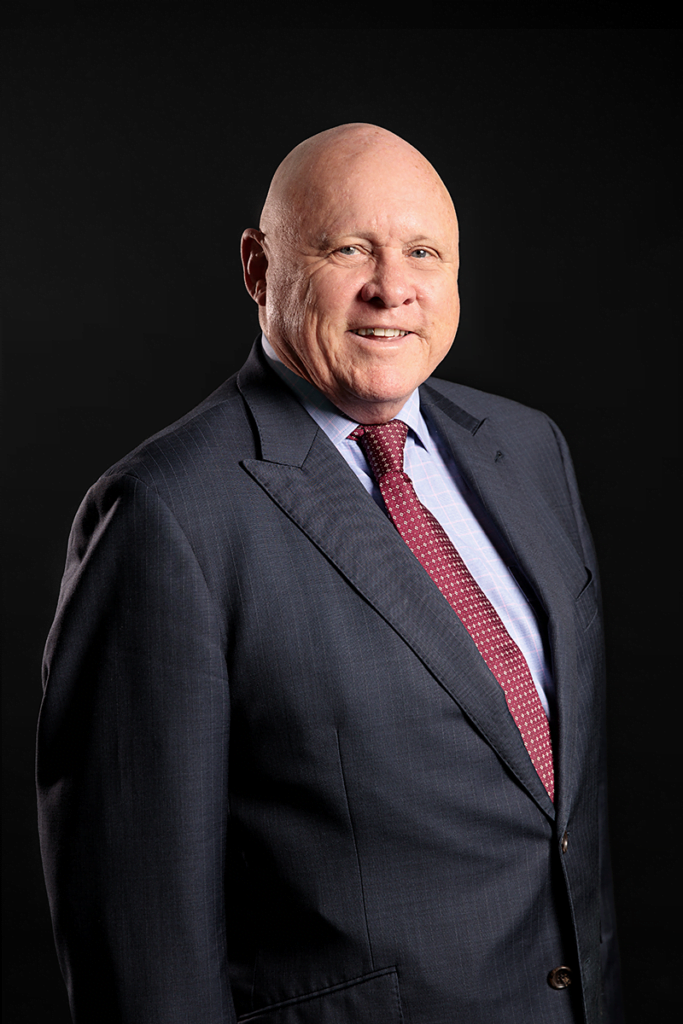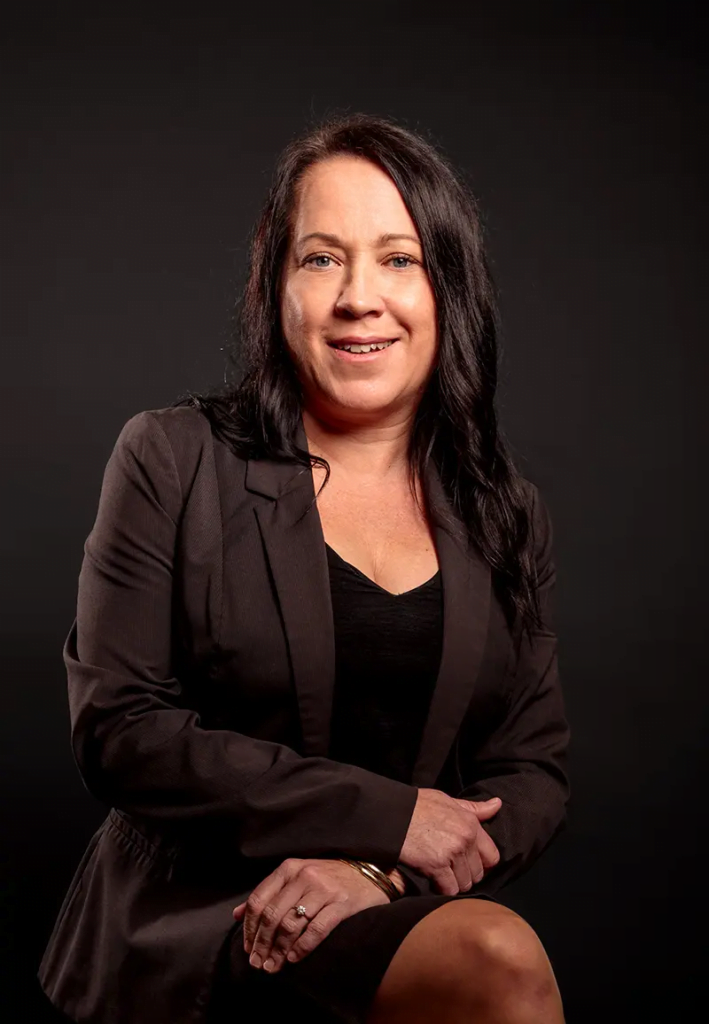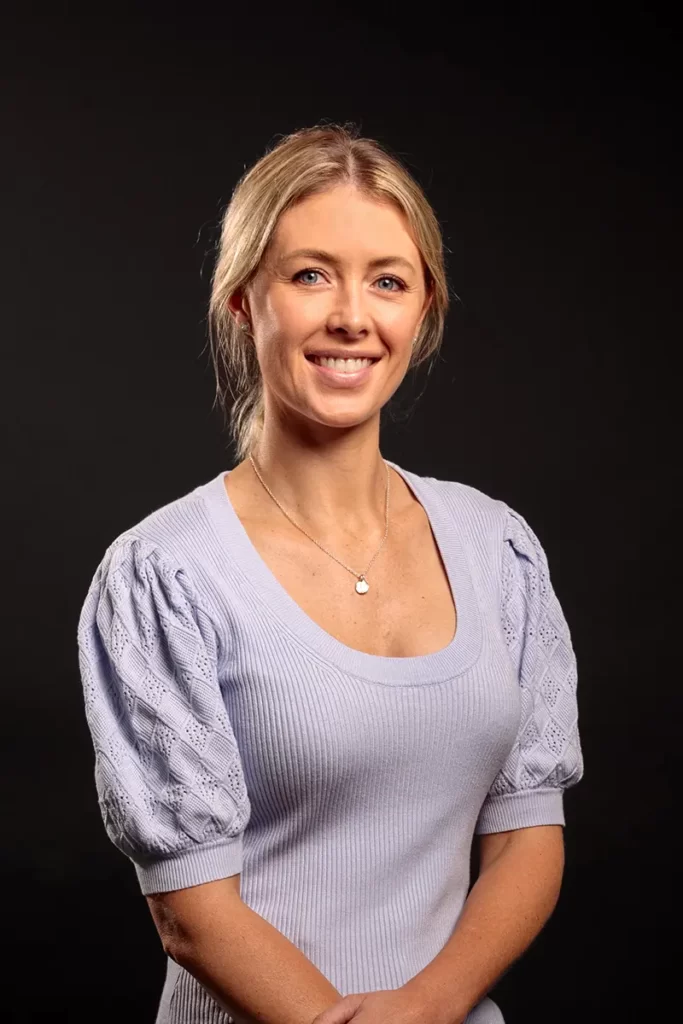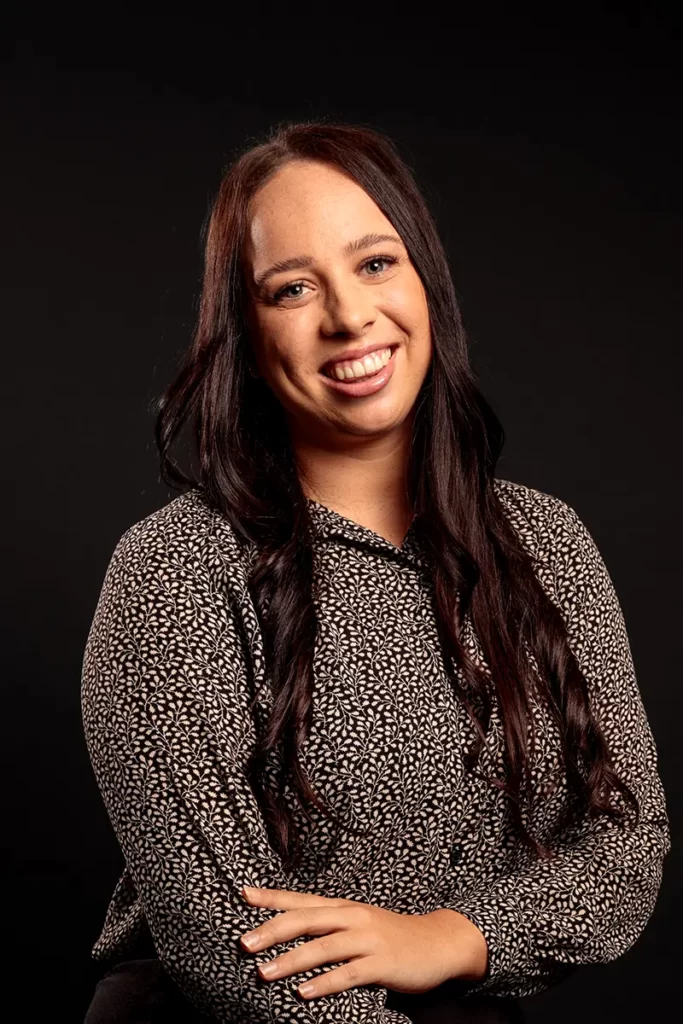Parenting Disputes
Family Law
Helping parents resolve disputes over their children
We understand that disputes over children can be some of the most challenging disputes to resolve. When making decisions about children, what matters the most is that parents focus on what would be in the best interests of their children.
Our family law team understand the difficulties parents are faced with when disputes about children arise during the breakdown of a relationship. It is our goal to focus on always helping you negotiate with your former partner in a way that reduces conflict and allows you to reach an agreement about what is the best arrangement for your children as quickly as possible.
We work promptly and practically to minimise disruption to your children’s lives and their exposure to any disputes. It is our goal to always take the most positive and sensible approach.
The wellbeing of your children is of utmost importance and we have a wide network of trusted government and private family dispute resolution providers, counsellors, and child psychologists that we can refer you to if required, to help you and your children through this difficult time.
In urgent matters, we will act swiftly to bring your matter to the attention of the court and any relevant government authorities to ensure that your children are protected from the risk of abuse or harm. Such urgent circumstances can include threats of relocation or removal of children from the Commonwealth of Australia, instances of disclosure of physical, sexual or emotional abuse or circumstances of family violence.
We strongly recommend you obtain trusted legal advice from an experienced family lawyer prior to engaging in any mediation or dispute resolution processes. This can ensure that you have realistic ideas about what arrangements are in the best interests of your children – which will give you the best prospects of resolution at the earliest time. Getting the right advice can ultimately save your family from additional emotional and financial costs by avoiding lengthy negotiations or having your dispute progress to litigation.
 Download our Info Pack
Download our Info Pack
To find out more about parenting matters including child support, provide your details below and our Information Pack will be sent to your inbox.
FAQs
There are two ways you can document a mutual agreement between parents in relation to parenting arrangements. Parenting Plans and Parenting Orders can both be great tools to help reduce potential for conflict when deciding on living arrangements for children, how much time the children will spend with each parent or other family members, details around the care, welfare and development of the children and also how disputes may be resolved if they do arise.
A Parenting Order is made by a court. A court can make a consent order based on an agreement from both parties, and, if required, after a court hearing. Once a parenting order has been made, parents are legally obliged to do what is stated in the order.
A Parenting Plan can help you agree and document future arrangements for your children without having to go to court. A Parenting Plan is only suitable if both parents remain on good terms and can communicate without disputes arising. A Parenting Plan is not legally binding, therefore there needs to be a significant level of trust and respect from both parties that they will honour the agreement to avoid disputes arising in the future.
It is strongly recommended that you seek legal advice from an experienced family lawyer about how to best formalise your parenting agreement to suit your unique circumstances. Every family is different and will require a personalised approach. An experienced family lawyer understands the complexities of parenting orders and parenting plans and can tailor a solution to best suit all parties, allowing everyone to move on as quickly and peacefully as possible, with as little disruption to the children’s lives.
If you are experiencing family violence, your first contact should be the local police. After contacting the police, contact our family law team for advice in relation to all the aspects of your family law matter. We have a 24/7 phone line you can call to discuss urgent matters on 1800 621 071. The team will be able to provide advice and the next steps you should take.
If it is unsafe for you and your children to remain within the family home, it is imperative that you ensure the safety of you and your children by seeking alternative accommodation. If, however, you can remain within the family home with the children, then do so – at least until you have obtained legal advice as to the next steps you should take.
If one parent wishes to relocate to another city, state or country and this will interfere with the parenting arrangements you have in place, the consent of the other parent is required.
If the other parent does not consent, and any attempts to negotiate or mediate to resolve the dispute fail, an Application to the Court may be required. Relocation disputes can be very complex, and the outcome will largely depend on each family’s own unique facts and circumstances.
As with all parenting disputes, the Court will make Orders regarding any possible relocation, based on the children’s best interests.
Meet our Family Lawyers
In challenging family law situations, we understand the gravity of your circumstances. Having a skilled family lawyer by your side is essential for support and navigating the legal system.
Our caring legal team brings the expertise needed to guide you through the complexities of your matter, striving to help you attain the best possible outcome for you and your family.
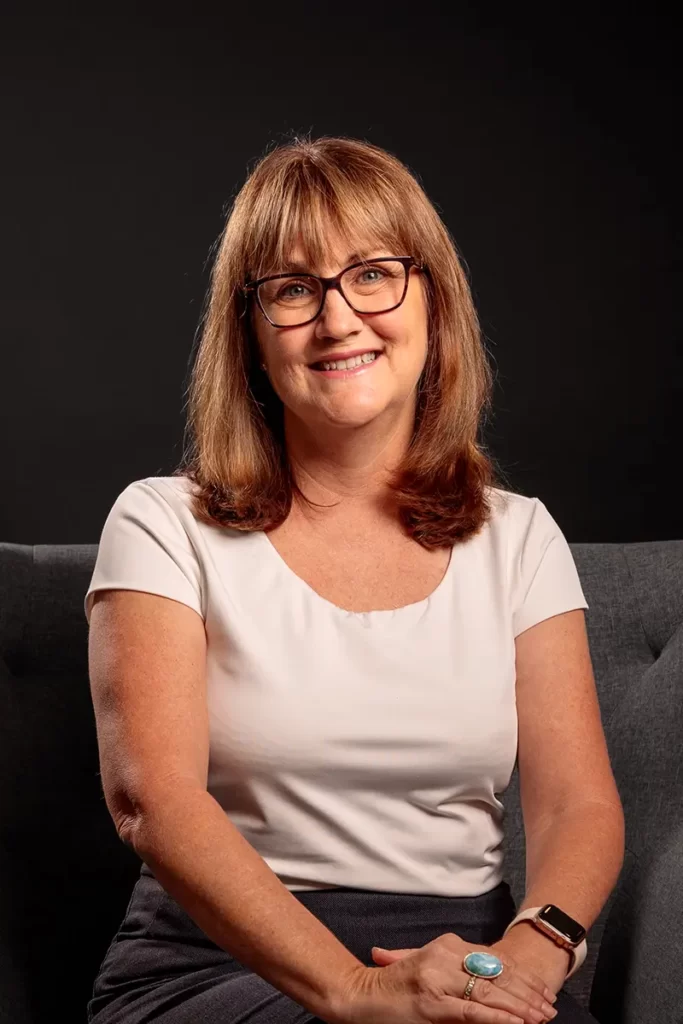
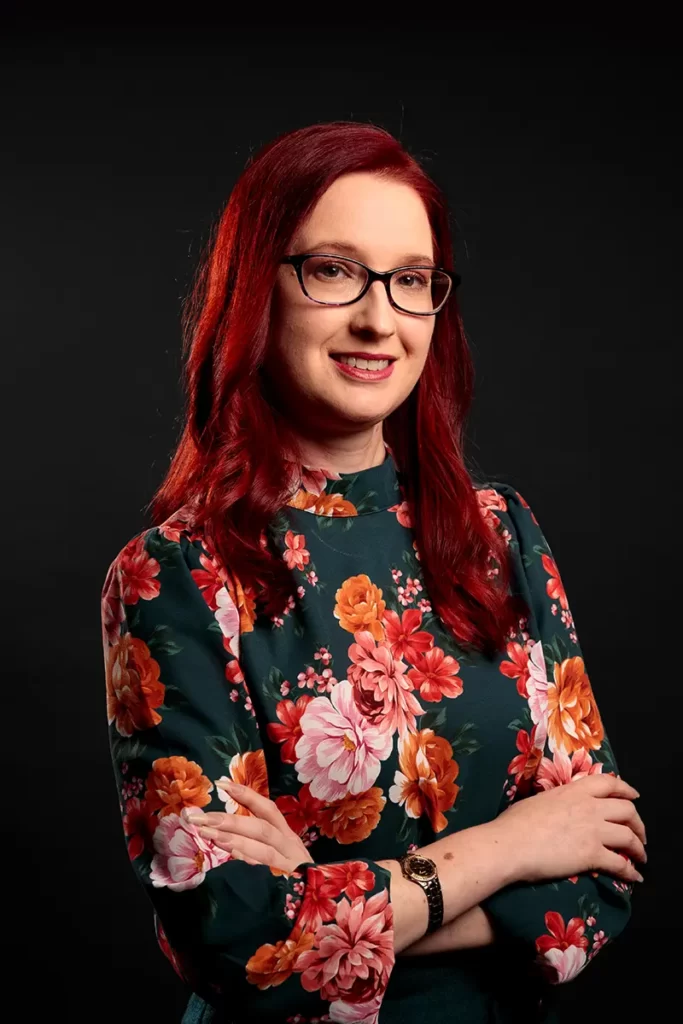
 Download our Info Pack
Download our Info Pack